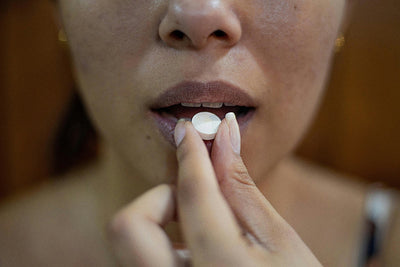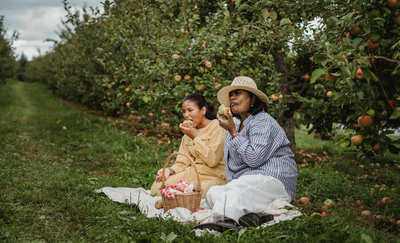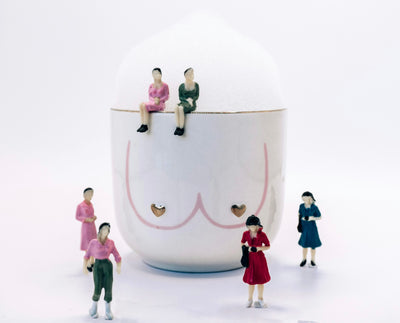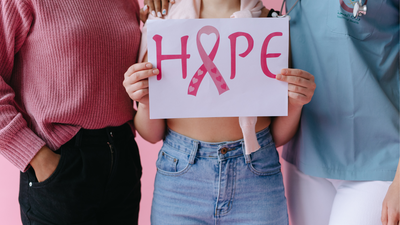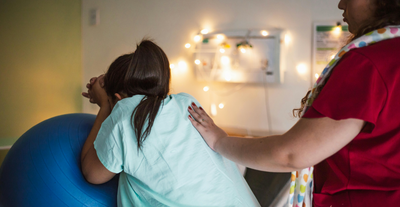How Diet Affects Oxidant-Antioxidant Balance in Breast Milk
How Diet Affects Oxidant-Antioxidant Balance in Breast Milk
by Katie Black
Breast milk’s composition is different from mom to mom, and even feed to feed. While people used to think diet didn’t play that big of a role in breastfeeding, we now know that’s not true—diet definitely affects breast milk. Researchers are finding links between oxidant-antioxidant levels and moms’ diets.
You’ve probably heard about antioxidants and oxidants before but might not be clear on exactly what they are and what they do, so here’s a brief refresher:
Antioxidants:
Antioxidants are a type of molecule that fights free radicals (free radicals can harm your body and lead to different illnesses and even cancer). If there are too many free radicals floating around, your body knows how to keep them in check with antioxidants. Your body naturally makes antioxidants but they’re also found in foods high in vitamin A, C, and E.
Oxidants:
Not every oxidant is a free radical, but a lot of them are. Oxidants, also called oxidizing agents, can damage molecules in your body. They’re made during normal daily processes like digesting certain foods or can come from more harmful outside sources like smoking or too much sunbathing. However, oxidants are not all bad as they can help fight viruses—the trick is to have a good balance between antioxidants and oxidants.
The Study:
Now that you know what the oxidant-antioxidant status is, let’s take a closer look at a study published in the International Breastfeeding Journal in 2022.
The study included 350 breastfeeding moms between the ages of 25 and 35. Each mom was given a questionnaire about their diet that included 65 different foods. Then the researchers analyzed milk samples from every participant for its oxidant-antioxidant balance. They also measured the protein, calcium and triglyceride concentration.
The Results:
The dietary patterns of the women were divided into two groups which the researchers labeled as healthy and unhealthy. Healthy dietary patterns included more whole grains, legumes, green/other vegetables, fruits, nuts, eggs and red meat while the unhealthy diets had a lot more carbonated beverages, processed snacks, fast food, honey, seafood and chicken.
What they found were significantly better oxidant-antioxidant balances and calcium levels in the milk samples from the healthy diets vs the unhealthy diets. This shows that diet definitely can have either a negative or positive effect on the oxidant-antioxidant status of your breast milk.
Maintaining a healthy diet is important for both you and your little one. Try to eat healthy servings of foods such as carrots, leafy greens, berries, citrus fruits, beans and nuts which are high in the vitamins and minerals your body needs.
And if you’re concerned or even just curious about exactly what’s in your own milk, you can order a test here. Each test comes with diet recommendations based on your unique results and dietary preferences from a certified doctor.
For more info about maternal diet and breastfeeding, check out our quick guide to nutrition.
Sources: https://internationalbreastfeedingjournal.biomedcentral.com/articles/10.1186/s13006-022-00498-1

